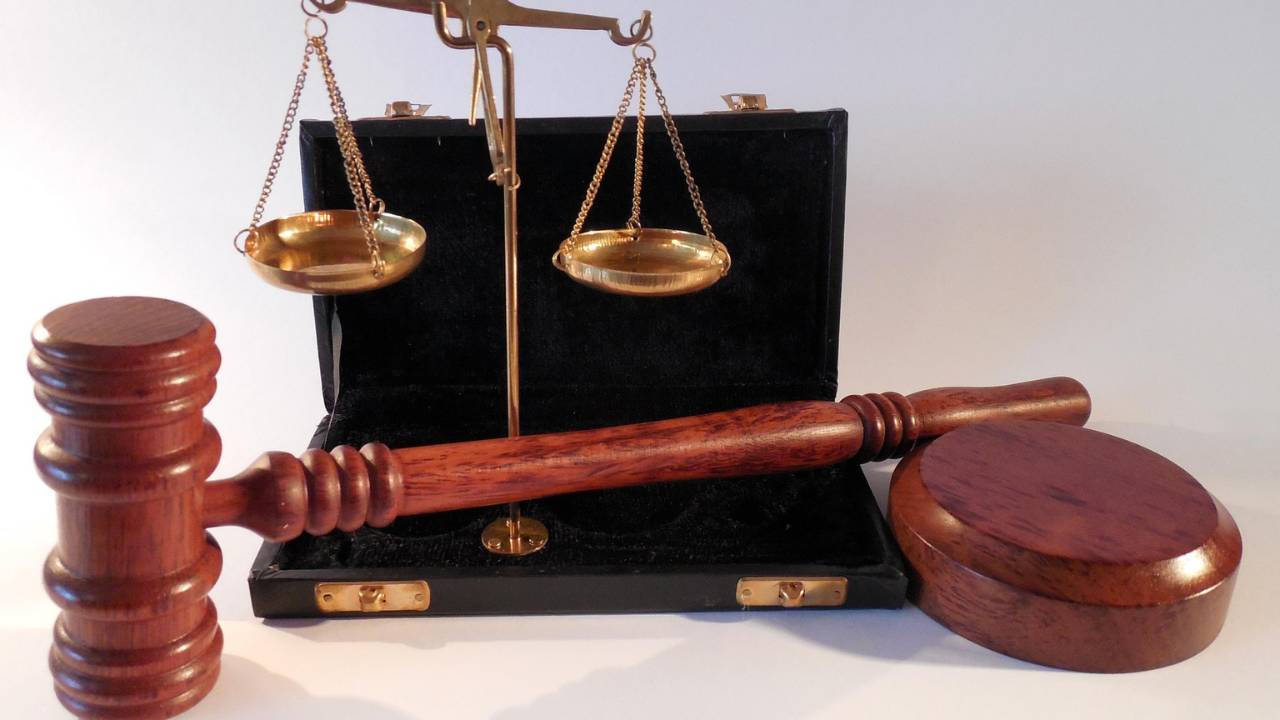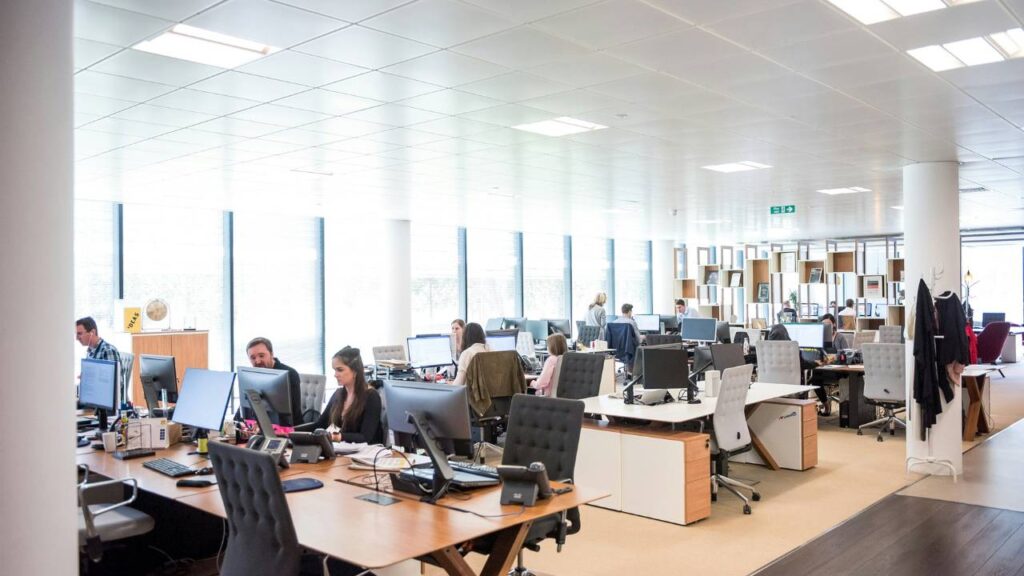
Compliance offers Irish SMEs more than just legal protection; it represents a practical route to stronger business performance and credibility in 2025. With tighter regulations and heightened customer expectations, small and medium-sized enterprises must treat compliance as an integral business strategy, not a last-minute checkbox. Embracing this approach enables companies to minimise risks, build trust with stakeholders, and position themselves for long-term success in a competitive market.
The Shifting Regulatory Landscape for Irish Businesses

Irish businesses in 2025 face a growing number of regulatory changes across all sectors. Compliance requirements are being updated more frequently, affecting industries such as construction, manufacturing, IT, and retail. Revised laws and updated industry standards now require SMEs to regularly evaluate and document their operations.
Many sectors are adapting to stringent insurance requirements. Insurers increasingly expect evidence of policies and risk management procedures. This means companies must maintain transparent records to satisfy providers and avoid disruption to coverage.
Regulators now use data-driven approaches to monitor compliance. This shift results in more targeted inspections and requests for documentation. Irish SMEs are expected to respond promptly with thorough records to prove adherence to applicable regulations.
Construction firms must keep up with updated building codes, while IT providers handle new data protection and cybersecurity standards. Retailers and manufacturers are being asked for detailed records on product sourcing, employee welfare, and environmental impact.
Documented compliance is no longer optional. Authorities not only want to see correct procedures but also evidence of ongoing, systematic application. This evolution in enforcement compels businesses to prioritise record-keeping and internal reviews to meet expectations.
How Compliance Builds Trust and Reduces Risk
Demonstrating compliance sends a clear message of reliability and accountability to stakeholders. For B2B clients, it often becomes a prerequisite for contract eligibility, signalling that a business meets stringent operational and legal standards.
Public contracts in Ireland commonly require documented compliance as part of the procurement process. This gives government bodies the reassurance that vendors will deliver services or products in line with regulatory requirements.
Investors also place a premium on compliance. An Irish SME adhering to industry regulations reduces the likelihood of legal disputes and operational disruption, increasing its attractiveness for funding or partnerships.
External verification adds another layer of assurance. Certification or inspection by independent bodies enhances a company’s credibility in the eyes of clients, investors, and regulators.
Staying compliant often involves third-party support, i.e. taking advantage of services provided by Calibration Lab and similar companies to ensure accuracy and legal defensibility.
Proactive compliance reduces risk by identifying issues before they become liabilities. This approach can limit the chances of fines, business interruptions, or damage to reputation.
Making Workplace Safety a Compliance Priority

Occupational health and safety form a crucial part of compliance for Irish SMEs in 2025. Adherence to frameworks such as ISO 45001 and national legislation like the Safety, Health and Welfare at Work Act ensures that businesses meet legal obligations and promote safer working environments.
These regulations require companies to identify risks, implement control measures, and continuously monitor workplace conditions. Complying with such standards benefits both employees and organisations, lowering the risk of injuries and legal penalties.
Routine inspections, risk assessments, and thorough record-keeping are essential practices. Maintaining up-to-date documentation supports a proactive safety culture and enables organisations to address hazards before they become incidents.
Routine preventative safety checks not only minimise workplace hazards but also serve as evidence of due diligence during audits or investigations.
Irish authorities expect employers to document safety training, equipment maintenance, and incident reports. Effective compliance in this area reinforces management’s commitment to protecting staff and meeting legal requirements.
Equipment and Infrastructure: Overlooked Areas of Non-Compliance
Many Irish SMEs focus on data protection, tax, and HR regulations, often neglecting compliance relating to equipment and infrastructure. Regular calibration of machinery and monitoring of physical assets are essential, but these controls often receive little attention in busy operations.
Uncalibrated equipment can cause production errors, compromise product quality, and violate industry standards. Small businesses may miss critical routine checks due to limited resources or inconsistent maintenance schedules.
Asset maintenance is frequently overlooked, resulting in costly repairs, unplanned downtime, or failure to meet legal obligations. Enterprises that ignore scheduled servicing risk exposing employees to unsafe conditions and can face unexpected interruptions or legal action.
Neglecting electrical safety compliance can result in insurance complications, workplace accidents, or even project shutdowns—issues that are easily avoidable with regular assessments.
Failure to ensure compliance in these overlooked areas may not only lead to fines but can seriously affect business continuity. While documentation and policies remain a focus, SMEs should not disregard the infrastructure supporting daily operations.
Embedding Compliance into Your Growth Strategy

Integrating compliance into the foundation of any growth strategy can help Irish SMEs respond more effectively to regulatory changes. Assigning specific compliance roles within teams ensures clear accountability. Each staff member should understand their individual responsibilities related to compliance.
Ongoing investment in staff training helps keep everyone informed about legislative updates and proper procedures. Training sessions should remain regular and relevant to the evolving business landscape. This is just one reason why businesses are encouraged to invest in employee training as a long-term strategy for reducing compliance risk and improving performance.
Digital tools offer essential support for tracking required documentation and deadlines. Software solutions enable SMEs to organise records and easily retrieve information during audits. The use of technology often results in fewer manual errors.
New technologies such as AI-driven compliance tools are also reshaping how financial and operational oversight is managed – helping companies adapt to complex regulations more efficiently than ever before. These systems offer scalable solutions for managing large datasets, anticipating compliance failures, and automating documentation processes.
Establishing scheduled annual reviews of compliance processes keeps policies current and effective. These reviews encourage proactive identification of gaps and continuous adjustments as the business grows. Treating compliance as an evolving, everyday process reinforces its value throughout the organisation.
Conclusion
Compliance plays an essential role in the modern Irish SME landscape, supporting sustainable growth and long-term resilience. Businesses that embed compliance into their daily practices build trust with partners and clients, ensuring consistent operational quality and reliability. Prioritising legal and regulatory requirements also minimises the risk of penalties, operational interruptions, and damaged reputations, enabling SMEs to maintain a stable position in an increasingly demanding market.

